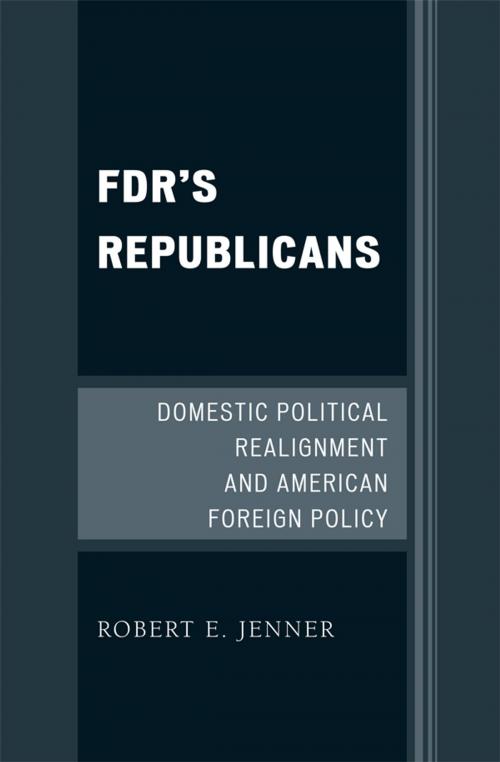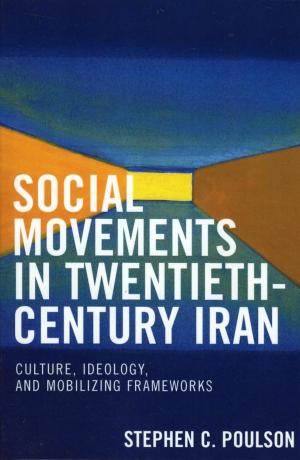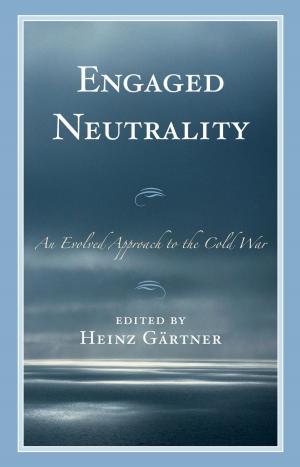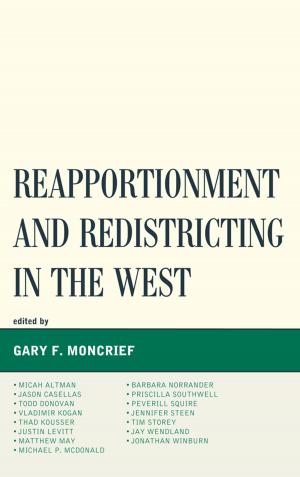FDR's Republicans
Domestic Political Realignment and American Foreign Policy
Nonfiction, Social & Cultural Studies, Political Science, Politics, History & Theory, History, Americas, United States| Author: | Robert E. Jenner | ISBN: | 9780739136140 |
| Publisher: | Lexington Books | Publication: | December 2, 2009 |
| Imprint: | Lexington Books | Language: | English |
| Author: | Robert E. Jenner |
| ISBN: | 9780739136140 |
| Publisher: | Lexington Books |
| Publication: | December 2, 2009 |
| Imprint: | Lexington Books |
| Language: | English |
FDR's Republicans illuminates the debate over foreign policy that took place in the United States prior to World War II. Robert E. Jenner approaches this issue from the perspective of Republican members of the House and Senate, who eventually came to support the interventionist position of a Democratic president. Unlike other diplomatic histories of this period, FDR's Republicans focuses on domestic components of the foreign policy debate, combining historical analysis and political theory. Jenner recounts the Republican Party's internationalist roots under McKinley, the split of 1912, and the defeat of the League of Nations in deference to its agrarian progressive wing. Taking both a local and national approach, he provides in-depth analysis of the party's reaction to the FDR landslides of 1932 and 1936, the party's resurgence in 1938, FDR's aggressive defense of the New Deal, and the decline of the party's agrarian progressive faction. The result is a broader explanation of the battle that raged between isolationists and interventionists as well as the failure of policy makers to deter fascism at an earlier date.
FDR's Republicans illuminates the debate over foreign policy that took place in the United States prior to World War II. Robert E. Jenner approaches this issue from the perspective of Republican members of the House and Senate, who eventually came to support the interventionist position of a Democratic president. Unlike other diplomatic histories of this period, FDR's Republicans focuses on domestic components of the foreign policy debate, combining historical analysis and political theory. Jenner recounts the Republican Party's internationalist roots under McKinley, the split of 1912, and the defeat of the League of Nations in deference to its agrarian progressive wing. Taking both a local and national approach, he provides in-depth analysis of the party's reaction to the FDR landslides of 1932 and 1936, the party's resurgence in 1938, FDR's aggressive defense of the New Deal, and the decline of the party's agrarian progressive faction. The result is a broader explanation of the battle that raged between isolationists and interventionists as well as the failure of policy makers to deter fascism at an earlier date.















